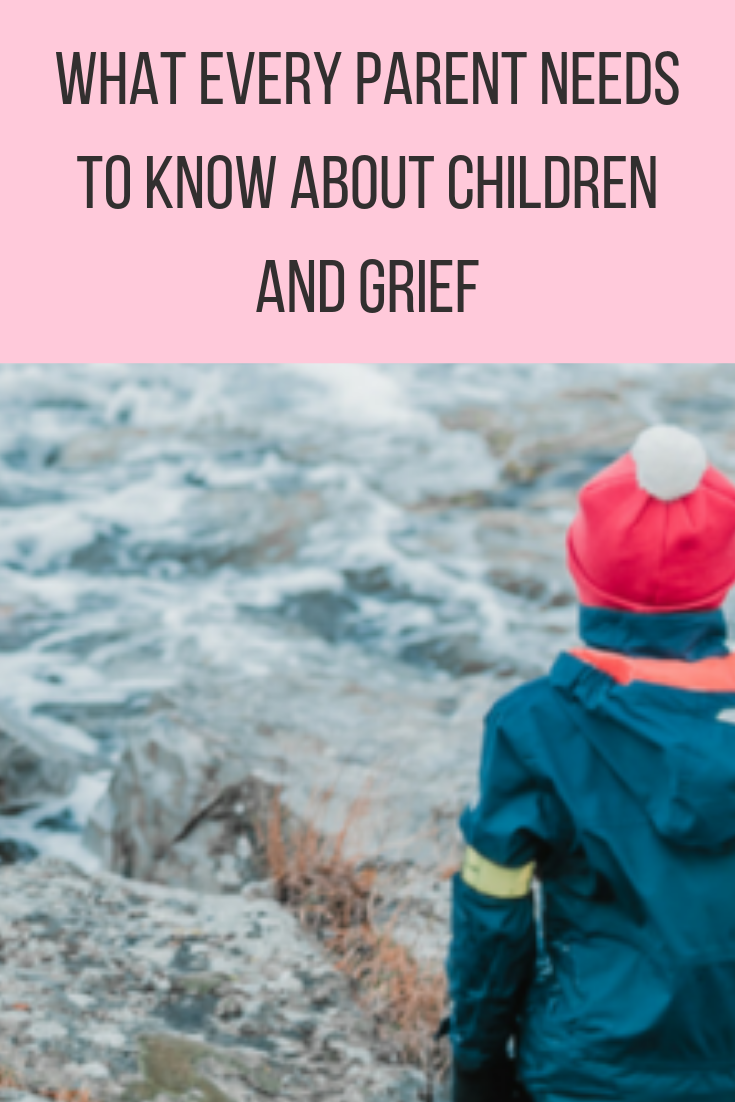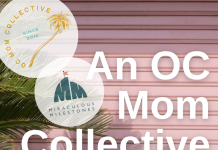 Children and Grief. I know your first thought is “no thank you, I don’t want to think about it.” But trust me you want to be prepared because everyone grieves, even kids.
Children and Grief. I know your first thought is “no thank you, I don’t want to think about it.” But trust me you want to be prepared because everyone grieves, even kids.
Now your second thought, “Why would we trust you?”
If you are asking this; one, good for you, always be cautious of where you get your info. Two, clearly you haven’t been cyber-stalking me, why not? Just kidding. So don’t trust me, not blindly anyway. Do your own research. But what I can tell you is that I am a therapist that specializes in grief for about the last 15 years and I am also a mother who has had to talk to their child about death.
My own experience with children and grief in the last two years has made me want to write this post for awhile but what finally got me typing was a conversation with a friend.
My friend has twin 3-year-old boys and lives in a city with a great zoo that they have memberships to, and frequent. My friend told me that the beloved polar bear had died and that she might need my help talking to the boys about it. She then asked the boys where the polar bear was and they said “sleeping.” She looked at me like a deer in head lights look and said: “see”.
This interaction made me realize most parents are going to need to talk to their children about a loss at some point and I was reminded that loss comes in many forms. As a mom of a one-month-old and a toddler, I’m also reminded that as parents we often don’t know what to do. There is no handbook and sometimes we need help.
So here I am to help.
First of all, every child is different and will react differently just as every adult will grieve differently. It is most important to remember that as long as you provide love, support, and let your child know you are listening you are already ahead of the game. There are a lot of things to think about when parenting during times of loss or stressful life transitions.
I have a more thorough handout available to you on my website. I encourage you to view the link. Here are five key things to get you started talking to your child about grief and loss.
- Children grieve differently than adults: Treat your child like a child but also remember they observe and absorb. Don’t assume they will think, feel, and grieve like you do, but also remember that you are a model for them.
- Children have an inherent defense mechanism that we gradually lose as we age: this is that a child’s brain sort of shuts off when their emotions have hit their limit. You may have already noticed this when they ask a difficult question and then as you are answering they change the subject or go do something else. So talking about grief with children is often many short talks over time instead of one big intense one. It’s a marathon, not a sprint and repeating will most likely be necessary.
- Start by asking your child questions: Ask about what they think happened and how they are feeling. I know this sounds simple. It will help you know where to begin and it will ease your parental anxiety to know how much they already know and understand. This loss is new to you and you are processing, so are your children! This is why young children need so much sleep their brains are so busy. Everything is new and they are constantly processing. This will also help you to allow your child to set the pace for their grief.
- Use real words: it takes awhile for young brains to learn abstract thoughts and our brains aren’t fully developed until 24-27 years of age. Therefore, you want to keep the language and content age appropriate but also use real words. For example, to a 5-year-old what a coroner is, or a lymphatic system is, is probably above their comprehension and not necessary. But no matter what the age you want to use fact words like “died, is dead, cancer called lymphoma” etc. If you use words like “sleeping, went away, or sick” then what will happen the next time you go to sleep, go away or get sick? If someone is sick and not going to get better you can explain the difference in being very very sick with a certain disease or someone’s body being very old and tired and not working anymore vs. having a cold or the flu.
- Be patient: This is always good advice as a parent and not always easy to do, especially if you are grieving as well. A good rule of thumb when life throws us a stressor such as loss, treat yourself and others with extra TLC. Give yourself and others permission to take breaks and do things that feel good. Get extra rest, eat well, and lean on others. Children are still learning how to navigate their thoughts and feelings (heck some of us are too!) so their routine may get disrupted and behaviors may look different. Breathe, pause, be patient.
I know this seems like a lot and your head may be swimming but you got this mama (or daddy…or grandparent)! Trust your gut and ask for help when needed.
Unfortunately, there are not that many resources in Orange County providing grief support to children.
Here are a few local organizations that help support children going through a time of grief.
Our House Grief Support of Orange County {Which I am a part of and highly recommend}
Camp Erin – a Camp for children who are grieving the loss of a loved one specifically a parent.
Art & Creativity for Healing in Laguna Niguel
New Hope Grief Support in Long Beach
Another resource for kids and grief that can be helpful is The Dougy Center
I also offer grief support as a licensed therapist
Most of all remember you are your children’s first line of defense, their first love, and support. Sometimes the best way to start is with a hug and an “I love you” and the rest will come.
Parenting is hard and you aren’t alone.
I would love to hear about your experiences talking to your children about grief and what you found helpful or not about this post!














Melissa… It’s Carol Rees. This is so well written. Very profound advice as well. I am working for Kaiser hospice and palliative care and intend to share this with my colleagues. You have always been amazing with the young family members when we worked together. Thank you for such an important message.
Comments are closed.